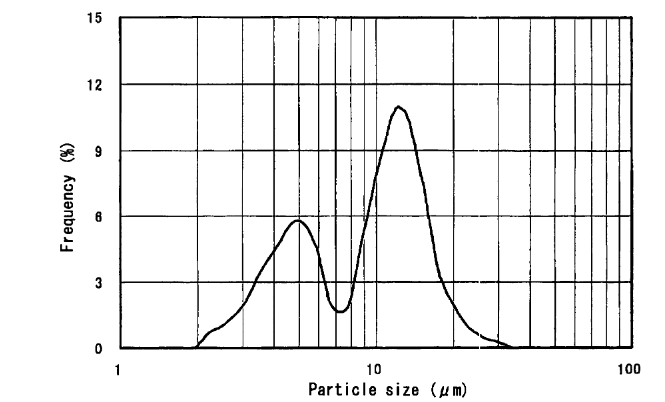by Dennis Crouch
The Federal Circuit recently issued a decision in Maxell, Ltd. v. Amperex Technology Limited, No. 2023-1194 (Fed. Cir. Mar. 6, 2024), reversing Judge Alan Albright's finding that certain claims of Maxell's patent covering rechargeable lithium-ion battery indefinite under 35 U.S.C. § 112, ¶ 2 (112(b)). U.S. Patent No. 9,077,035.
The case provides important cover for patent prosecutors who inelegantly add narrowed limitations from the dependent claims into the independent claims without rewriting or deleting the corresponding broader element descriptions already there.

To continue reading, become a Patently-O member. Already a member? Simply log in to access the full post.